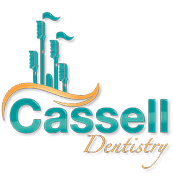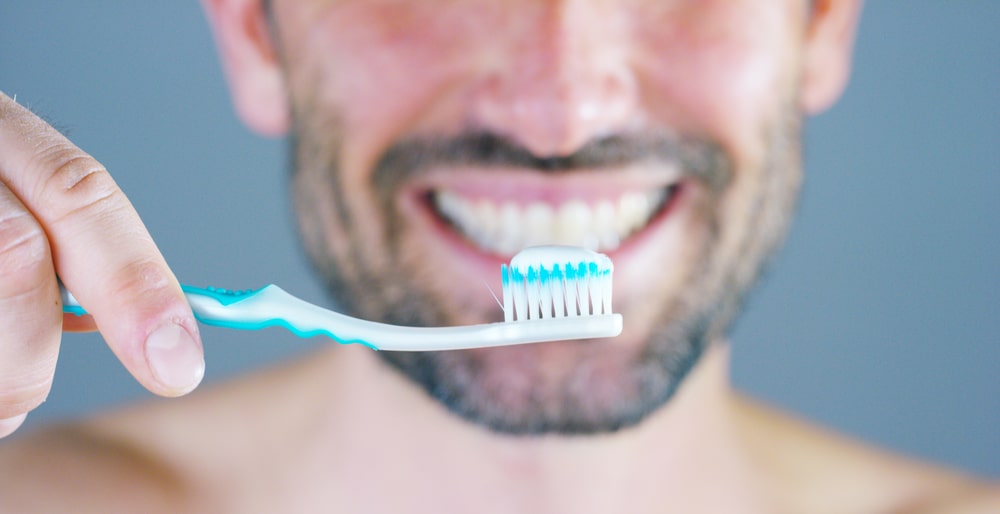Is Your Mouth Unhealthy? Here’s How to Find Out
Your body has a way of sending you signals when it’s in jeopardy. A headache could be the first indication of dehydration. Fatigue could be a sign of sleep apnea. If you’re in-tune with the messages your body sends, you can identify and reverse problems before they take control of your body.
Your oral health is no exception! We tend to think of our mouth as a separate entity from our body, but the truth is that oral health and general wellness are closely linked together. If you have an unhealthy mouth, these signals are trying to let you know.
Sensitivity to Hot and Cold
The sensation caused by sensitive teeth is nearly impossible to describe, but there’s no mistaking that awful zinging feeling whenever you drink something too cold or hot. In addition to the pain it causes, sensitivity is also a sign of an unhealthy mouth.
Factors like brushing too hard, overuse of acidic beverages like soda and coffee, and excessive use of whitening products all expose tiny canals that lead right to your dental nerves. As soon as anything hot or cold reaches the nerves, you experience a “zing”.
Gum disease is also known to cause severe tooth sensitivity since gums recede from the teeth and lose their support system. If you have gum disease, you also probably have excessive plaque in your mouth, which also erodes tooth enamel and exposes nerve endings.
Bad Breath, Even After Brushing
Chronic bad breath, also known as halitosis, can develop for a few different reasons, but the main trigger is poor oral health.
As soon as you eat or drink, food particles breakdown all around your teeth. If you don’t brush and floss regularly to remove food remnants, they accumulate into a thick coating of plaque that spreads over your teeth, tongue, and gums. Odor-causing bacteria thrive inside this plaque and emits the foul odor we call “bad breath”.
Your eating habits have the power to reduce or aggravate bad breath because they directly influence the types of particles that cover your mouth until the next time you brush and floss. Soda, juice, candy, and processed foods contain more sugar, which means they support the development of additional odor-causing bacteria and plaque. Milk, almonds, apples, and other healthy choices, on the other hand, help to wash bacteria away and balance the pH of the mouth.
Your eating habits and oral care routine also influence the amount of quality of saliva in your mouth. Saliva plays the essential role of cleaning your mouth and removing the particles that cause bad odors. If you don’t have enough saliva production, you lose an important way to control the bacteria that cause halitosis.
Chronic Sinus Infections
The bacteria that live in your mouth and gut are responsible for maintaining balanced immune responses throughout your body. This means that the health of your mouth directly impacts the strength of your immune system.
If you always seem to be coming down with a cold or sinus infection, that could be your body’s way of sending SOS messages Anything that harms or alters the microbiota communities in your mouth or digestive system has the potential to trigger immune dysfunction that leads to chronic sinus infections.
Digestive Issues
The mouth is so much more than another part of the body. It’s where everything begins. There’s a direct and powerful link between oral health and whole body wellness.
As the entry point to the digestive system, the condition of your mouth directly influences your gastrointestinal health. This explains why poor oral health is shown to contribute to inflammatory bowel disease, Crohn’s disease, and ulcerative colitis.
When an unhealthy mouth becomes overwhelmed by pathogens, oral bacteria can constantly move into the gut and trigger serious complications. Some strains of bacteria found in unhealthy saliva are even resistant to antibiotics and believed to trigger intense gut inflammation.
How to Improve Your Oral Health
The good news is that your oral health is within your control! Even if you have an unhealthy mouth at the moment, it only takes a few simple changes to get your dental health back on track.
Try these tips to protect your smile:
- Drink water instead of soda or juice
- Choose nutritional foods rich in water, vitamins, and proteins
- Don’t only brush; floss once a day also
- Try DIY tricks like oil pulling to remove bacteria from the mouth
Above all else, here’s your most valuable tip: visit your dentist every six months! Visiting your dentist every six months is an essential element of preventative care. Each appointment gives your dentist the opportunity to evaluate your gums, teeth, tongue, and throat. Most importantly, it gives your dentist the chance to take note of any changes since your last appointment. Even subtle changes can indicate a potential problem or concern.
The team at Cassell Dentistry in San Diego, CA are committed to helping their patients’ smiles look like new. Dr. Cassell offers preventative, cosmetic, and restorative services, so you know you can find the right solution to transform your unhealthy mouth into a radiant smile. Contact Cassell Dentistry now to make your first appointment.

